Title: “EBK JaayBo: The Street Prince Who Took the Throne”
In the gritty streets of Stockton, California, where the sound of sirens was more common than songbirds, a young voice started echoing through the neighborhoods. That voice belonged to JaayBo, a kid born into a world where survival was a daily achievement. Raised in an environment where loyalty, pain, and the streets defined manhood, EBK JaayBo wasn’t handed anything—he carved his name into the concrete with blood, bars, and an unshakable hunger.
Humble Beginnings, Ruthless Intent
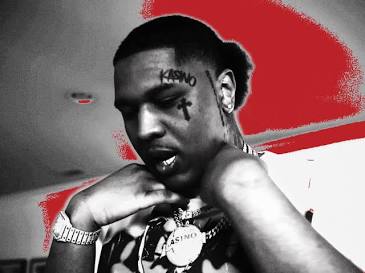
Before the EBK movement became a stamped acronym in California’s underground rap scene, JaayBo was just another youngin’ dodging danger, witnessing the cost of the game firsthand. His father had been in and out of the system, and his older homies treated every block corner like a chessboard—only the smart and savage survived. JaayBo grew up fast, understanding betrayal, loss, and brotherhood all before he could even legally drive.
Music became his weapon. While others posted up with Glocks, JaayBo picked up a mic and started lacing his pain into verses. His early tracks—raw, unfiltered, and hauntingly honest—spread like wildfire through Stockton, then all of Northern Cali. What set him apart wasn’t just the drill beats or the gangland references. It was the pain in his voice, the truth in his bars. Every song felt like a confession.
The Rise: EBK or Nothing
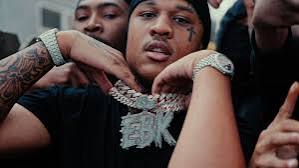
As the EBK (Everybody Killa) collective started to build a name, so did the war that followed them. JaayBo’s rise wasn’t clean—it was dangerous, violent, and filled with constant threats. His ops weren’t just rap rivals—they were street enemies. Each drop could mean a viral hit or a retaliation in real life. He recorded tracks knowing he might not live to see the comments. But that only added fuel to the fire.
“Step for something or die for nothing,” he once said in an Instagram Live, his face half-shadowed, eyes cold. That quote became a mantra for young fans across California.
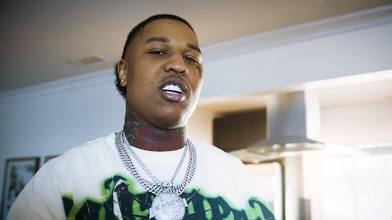
His track “Blocc Bleeders” solidified his name, turning him into more than just a local star. He went from performing at backyard functions to being booked in LA, the Bay, and eventually landing label attention. But the industry didn’t understand the world he came from. They wanted to polish him—he refused. JaayBo kept it street, even if it cost him deals. Authenticity was his currency.
Enemies, Fame, and Survival
As fame grew, so did the problems. EBK JaayBo was a target—by enemies and by the system. Cops watched him, rival sets plotted against him, and the media painted him as just another gang rapper. But what they missed was his message. Beneath the hard exterior was a kid warning others through his music. His lyrics were street scriptures—lessons from someone who lived it.
He lost close friends along the way—some to gunfire, others to betrayal. His brother getting locked up hit hardest. But instead of breaking, JaayBo transformed that pain into pressure. He doubled down, flooding YouTube with visuals, IG with freestyles, and the streets with mixtapes.
Legacy in the Making
Now, with millions of views, a loyal fanbase, and a movement behind him, EBK JaayBo stands as more than a rapper. He’s a voice of a new generation—one that’s tired of being ignored, one that finds power in storytelling through trauma.
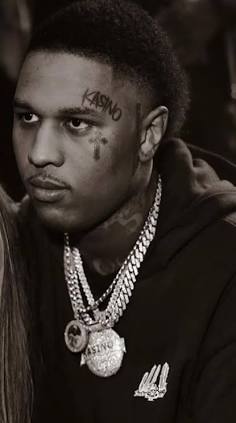
He hasn’t “made it out” in the traditional sense. He still walks with security, still checks the rearview mirror, still hears rumors about people trying to line him up. But to him, that’s the cost of leadership. The throne in the street rap game doesn’t come with comfort—it comes with respect, fear, and scars.
“I ain’t perfect, but I’m real. And that’s what they feel.” — EBK JaayBo
And that’s why his story’s far from over.
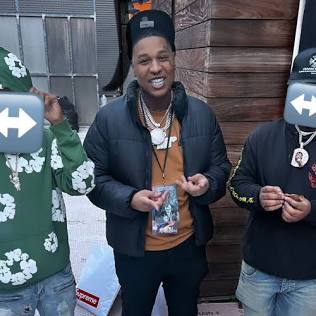
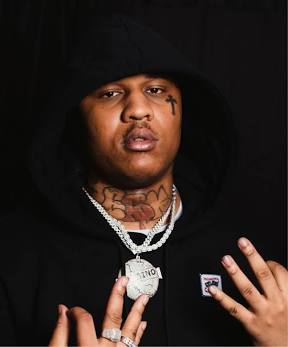
Leave a Reply